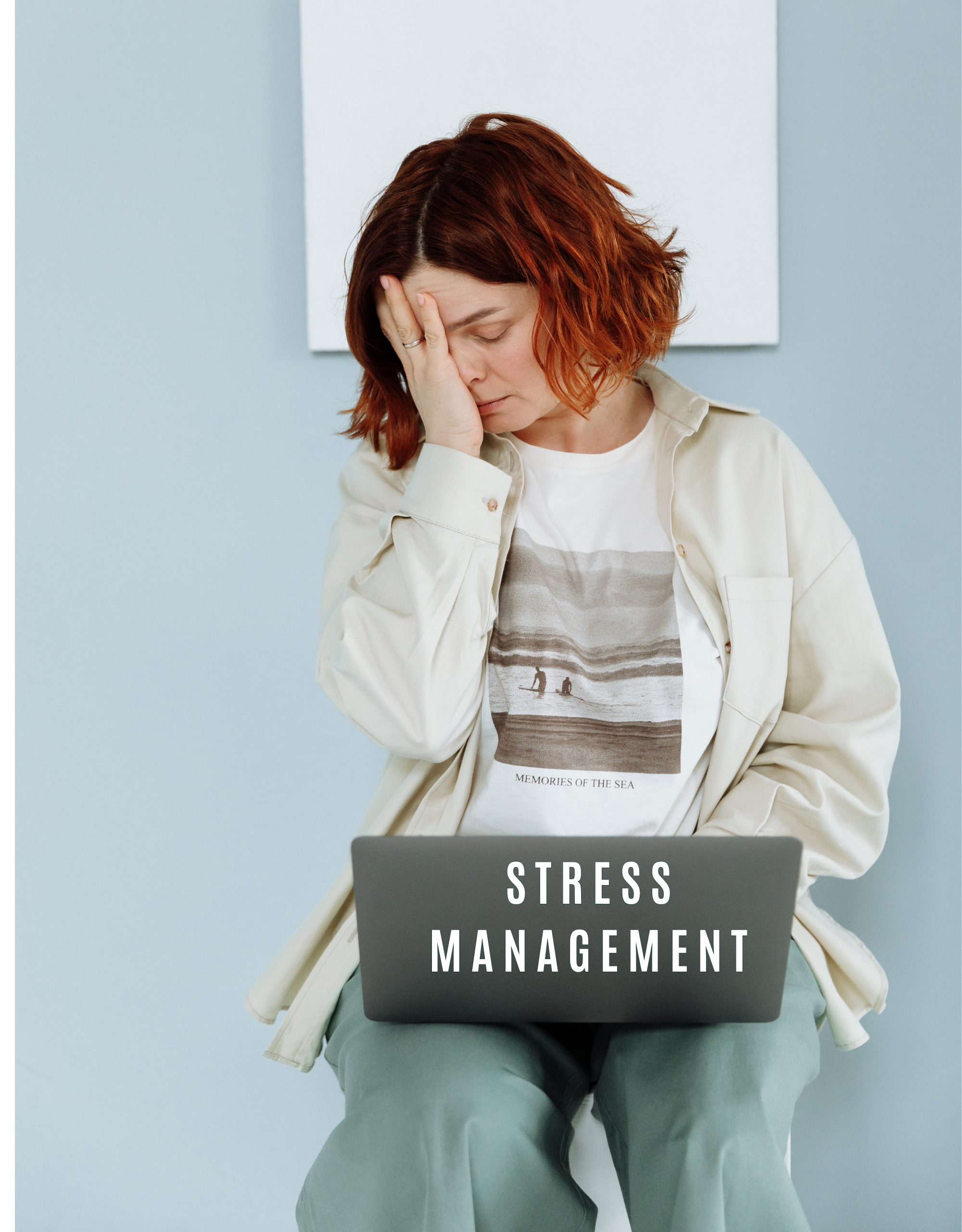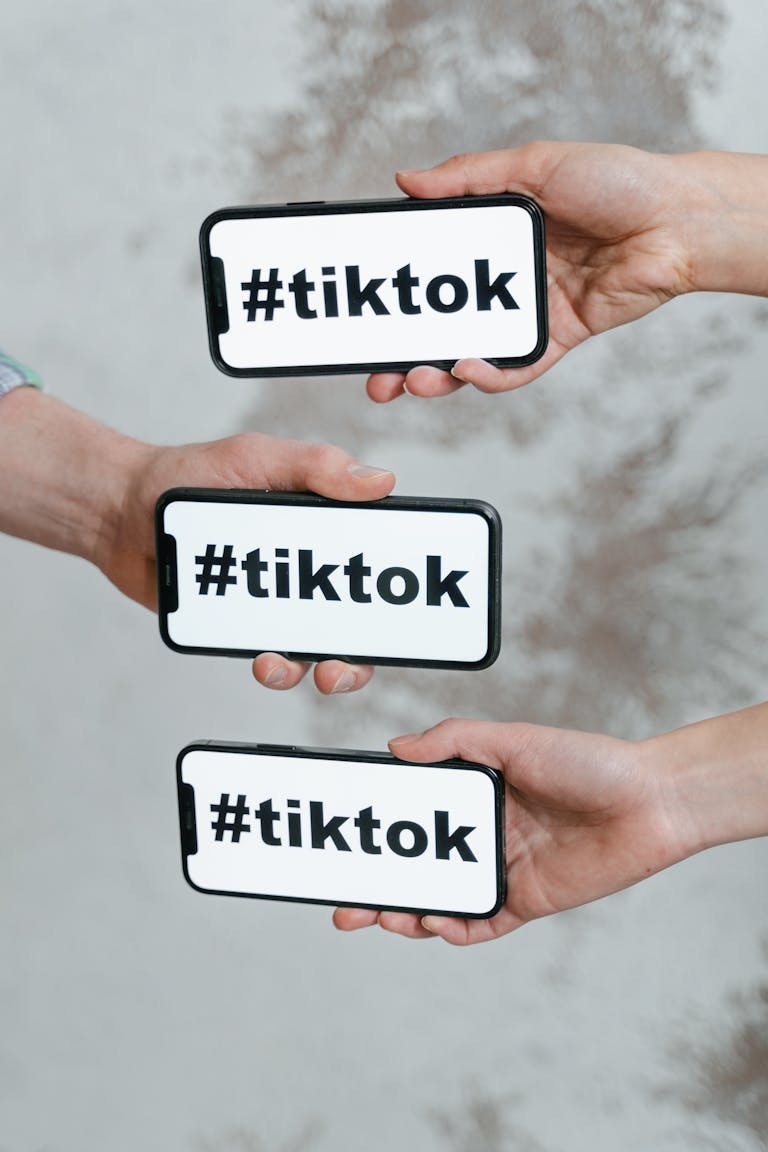Strategies to Cope with Stress and Prevent Burnout: Tools for Resilience and Balance
In a world that rarely slows down, it’s easy to normalize stress—until it catches up with us. Whether you’re an employee juggling deadlines, a leader managing teams, or a parent trying to do it all, the reality is that chronic stress without recovery leads straight to burnout.
This post is based on a workplace wellness course designed to equip individuals across all roles with practical, evidence-based strategies for managing stress and preventing burnout. But more than just tools, I want to share some reflections, personal experiences, and a few hard-earned lessons. Because sometimes, reading something that just makes sense is the beginning of real change.
What is burnout, really?
Burnout isn’t just feeling tired. It’s a state of emotional, physical, and mental exhaustion caused by prolonged stress. According to the World Health Organization, burnout includes three main experiences:
- Emotional exhaustion
- Depersonalization or cynicism
- Reduced sense of personal accomplishment
It doesn’t happen overnight. It’s like a slow leak—until one day, you’re running on empty and wondering where your spark went.
The truth about stress
Stress isn’t always bad. It can help us meet deadlines, stay alert, or focus when we need to. The real problem is chronic stress without recovery. That’s what drains our energy and leads to burnout.
Here’s a simple analogy. Imagine your energy like a battery. Every demand—emails, meetings, caregiving, traffic—drains a bit of that charge. Without consistent recharging like sleep, movement, laughter, or quiet time, your battery wears down. Eventually, even the simplest task feels overwhelming.
Eight actionable strategies to manage stress and prevent burnout
- Recognize your early warning signs
Self-awareness is your first line of defense. What are the first clues that your stress is becoming unmanageable? Are you snapping at small things? Struggling to focus? Feeling constantly behind? Create a personal “burnout radar.” Journaling or regular check-ins can help you catch stress early and pivot before it builds. - Set micro-boundaries throughout the day
We often hear “set better boundaries,” but what does that look like in real life? Try taking short breaks between meetings, muting notifications after work hours, saying no to unnecessary requests, and resisting the urge to overwork. These small choices teach others to respect your time—because you do. - Create a stress-first aid kit
Have a go-to box of calming tools. This might include deep breathing exercises, grounding techniques, a playlist, a walk outside, or even a comforting object. One of mine? I keep essential oils and a soft cloth at my desk. It helps me reset. The point is to have things that soothe you when the day gets intense. - Reframe productivity
Many of us tie our self-worth to how much we get done. But being busy doesn’t mean we’re effective. Ask yourself, what do I actually need to accomplish today to feel grounded and successful? Sometimes the most productive thing you can do is take a real break. - Build daily recharge rituals
We don’t become our best selves by accident. We do it through daily rhythms. Try 15 minutes of quiet in the morning, a midday walk, a 20-minute nap or meditation, or closing your laptop at a set time each day. These small habits create sustainable energy and mental clarity. - Practice mental flexibility
Stress can make our thinking rigid. We start to believe it’s all on us or that we can’t stop without failing. Instead, try reframing. Maybe it’s not that you’re falling behind—it’s that you need rest to move forward. Maybe done is better than perfect. Flexibility supports resilience. - Strengthen your support systems
We’re not meant to handle everything alone. Who lifts you up when you feel overwhelmed? Who do you feel safe being real with? Whether it’s a friend, coworker, therapist, or mentor, having support is essential. Asking for help isn’t weakness—it’s wisdom. - Revisit your why
Burnout disconnects us from meaning. Take time to remember what drives you. What do you care about in your work? What brings you joy outside of it? Who are you beyond your job? Purpose can refuel us when everything else feels heavy.
Personal reflection
I’ve felt burnout creep in before. As a therapist, a leader, and a human, I’ve ignored the signs—until I couldn’t. I’ve worked too many hours out of guilt, said yes when I should’ve said no, and pushed through exhaustion. The turning point came when I realized this:
Burnout isn’t a personal failure. It’s a sign that something needs to change.
The good news? Change doesn’t have to be dramatic. It starts with awareness, and small, consistent choices to care for ourselves like someone we truly value.
Final thoughts
Stress will always be part of life. But burnout doesn’t have to be. I hope this post offers you practical steps and a little peace. You deserve to feel well, not just function.
So next time stress says “just push through,” ask yourself this instead: What would it look like to take care of myself right now?
Because resilience isn’t built during the crisis. It’s built in the quiet moments, when you choose to honor your limits and refill your cup—one small act at a time.







